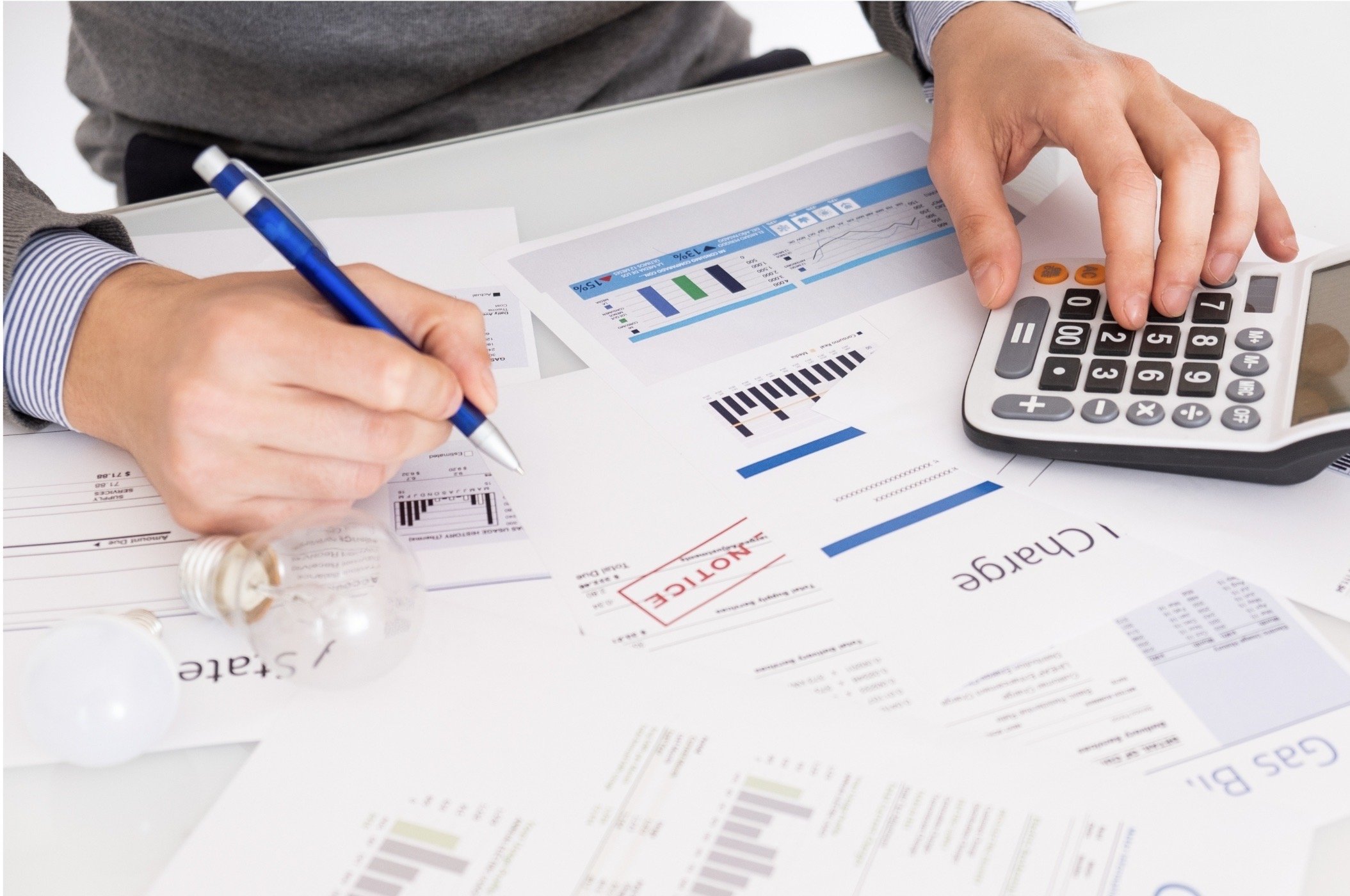Energy efficiency
Energy efficiency involves reducing the amount of energy you use to get the same result.

How does energy efficiency save money and reduce emissions?
Using less energy to run your appliances, heat and cool your home or run your business reduces emissions by drawing less energy from the grid partly powered by coal and gas. Swapping inefficient appliances for efficient appliances and optimising your habits and home will also save money by reducing how much electricity and gas you consume.
Choice estimates that swapping to energy-efficient appliances and changing how you use them can save households up to $1,363 a year.
How do I get it?
The good news is you don’t need to spend much money or time to make your home or business more energy efficient. Some easy-to-implement ideas include:
Don’t heat or cool air unnecessarily.
Wear a jumper and warm socks in winter
Use a better doona, so you don’t need heating overnight
If sitting for extended periods, use a rug or a foot-warmer
Fans are very effective in cooling in summer and distributing warm air in winter.
Check you are on a good electricity plan by comparing suppliers through the Victorian government compare energy plans website.
Set sensible thermostat settings. 19°C in winter and 24°C in summer are usually adequate. Use the thermostat timer to match your typical comings and goings. Turn the heating off overnight unless essential.
Use your air-conditioner as a heater. Most modern split-system air-conditioners are very efficient heaters and much cheaper to run than gas heaters.
Clean your filters annually. Heating and cooling efficiency is degraded if filters aren’t cleaned annually, and it’s quick and easy to do.
Draught proof your home and ensure it is well insulated. Eliminating draughts and improving insulation will reduce your energy bills and ensure your home is warm in winter and cool in summer. There are many simple things you can do such as closing window coverings at night, DIY options for improving insulation and sealing air gaps in windows and doors.
Optimise your solar system. Maximise your daytime power usage with timers and timer delay switches to run hot water, heating and cooling systems and appliances such as dishwashers, dryers and pool pumps during the day.
When building, renovating or updating:
Use multiple reverse cycle split system air-conditioning for heating and cooling. Gas heating (ducted and hydronic) is becoming very expensive.
Double-glaze windows and install good insulation.
Find a green architect to design your home or extension for the best orientation, shading, thermal mass (the ability of a material to absorb, store and release heat), and passive cooling.
